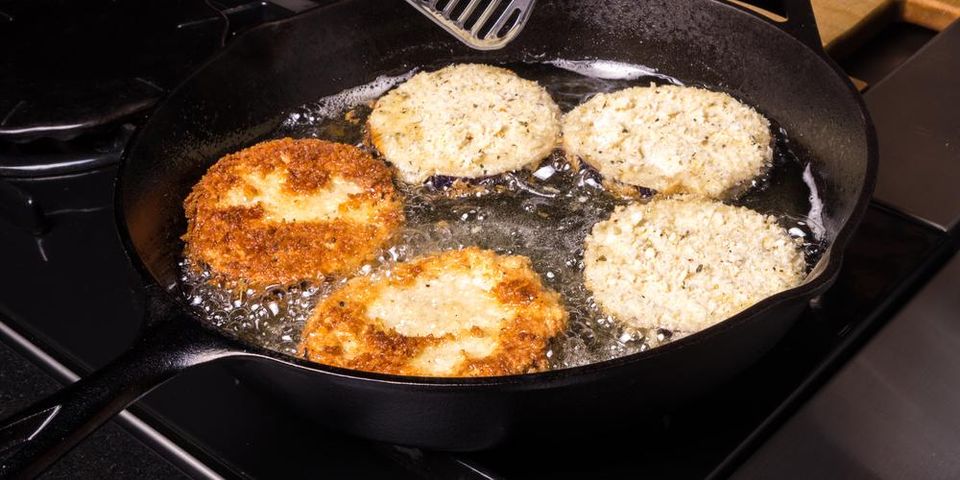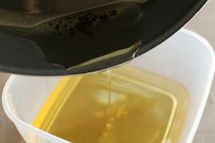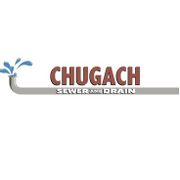How Fats, Oils, and Grease Affect Plumbing

Many homeowners don’t realize that disposing of fats, oils, and grease incorrectly can damage their plumbing system. Knowing the proper way to get rid of these materials will help you maintain the lifespan of your pipes and sewer lines. Here are some frequently asked questions and answers about fats, oils, and grease and their relationship to plumbing.
What to Know About Fats, Oils, and Grease
Is there a difference between oil and grease?
The terms oil and grease are often used interchangeably, but they aren’t exactly the same. Oil is the remaining liquid from cooking foods, while grease is a solid white residue leftover from frying meat products. Unlike grease, oil never forms into a solid.
What happens when I put these materials down the drain?
 If you dispose of leftover cooking grease or oil in the drain, it can lead to major plumbing problems. Grease and oil can cause blockages in your pipes and slow down your drains. These substances can also cause local sewer systems to overflow, introducing raw sewage into streets, parks, and water resources.
If you dispose of leftover cooking grease or oil in the drain, it can lead to major plumbing problems. Grease and oil can cause blockages in your pipes and slow down your drains. These substances can also cause local sewer systems to overflow, introducing raw sewage into streets, parks, and water resources.
How can I protect my plumbing?
To avoid damaging your plumbing, pour cooking grease or oil into a small container once it has cooled off. Then, throw the container in the trash. If you’ve poured oil or grease down your drain already, take quick action. Pour a gallon of boiling hot water down the drain as you run the faucet. This should help liquify the solid grease. Otherwise, call a plumber.
If you’re dealing with a clog, turn to the professionals at Chugach Sewer and Drain in Anchorage, AK. They specialize in residential plumbing and drain cleaning services, including sewer repair, and always arrive to your home equipped with the tools they need to get the job done. These professionals take pride in their community and forge lasting relationships with their clients. For more information about their services, call (907)-929-5072 or visit their website.
About the Business
(7 reviews)
Have a question? Ask the experts!
Send your question

